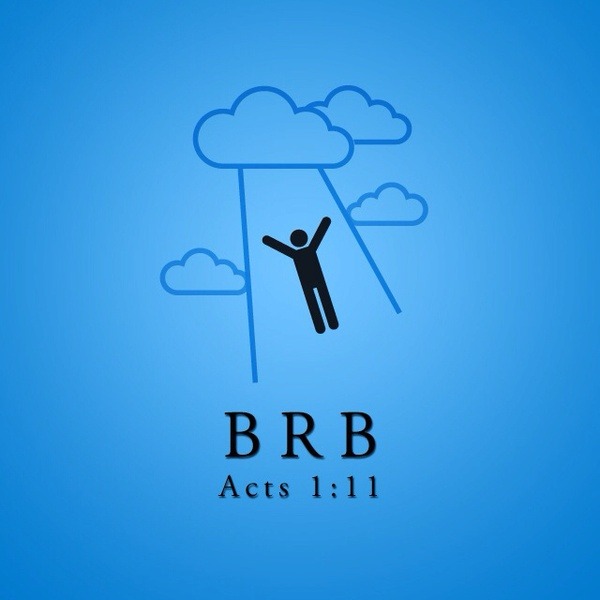What if we are the ones the dead have been waiting for?
I am not sure I understand but if Jesus is supposed to come back, but the Church is the body of Christ then could it be that we are the ones the dead have been waiting for?
Are we the ones who are charged with embodying Christ in such a way that the kingdom of God (culture of God) will be made known? Why do we stand looking up to the heavens waiting for a superman/Jesus hybrid to "save" us?
It seems like God has more faith in humanity than humanity has in itself. Christ had no plan "B" as it were. He entrusted and had faith in the disciples to continue on.
What if the body of Christ is already here for the second time? What if the body of Christ is here and now?
Are we the ones who are charged with embodying Christ in such a way that the kingdom of God (culture of God) will be made known? Why do we stand looking up to the heavens waiting for a superman/Jesus hybrid to "save" us?
It seems like God has more faith in humanity than humanity has in itself. Christ had no plan "B" as it were. He entrusted and had faith in the disciples to continue on.
What if the body of Christ is already here for the second time? What if the body of Christ is here and now?
John 20 and Cain and Abel
When you read John 20:19-23 there are a couple of Old Testament stories that come to mind. The next two posts will look at these parallels.
 Notice that the disciples function like Cain in that they participate in the death of the other character - Jesus and Abel.
Notice that the disciples function like Cain in that they participate in the death of the other character - Jesus and Abel.
The first is the Cain and Abel story - Genesis 4:1-16.
 Notice that the disciples function like Cain in that they participate in the death of the other character - Jesus and Abel.
Notice that the disciples function like Cain in that they participate in the death of the other character - Jesus and Abel.
Then you might notice that both the disciples and Cain are gripped by fear.
You will notice that both stories have the murdered speaking beyond the grave. In the case of Abel his blood cries out to God. While in the case of Jesus he appears in the room the disciples locked themselves into.
Cain and the disciples both receive a 'mark' from God.
The stories are similar in a number of ways, until the way the one who is murdered responds. Abel's blood "cries out" to God - the same way the Israelite cry out to God under Egyptian oppression. When this blood cries out it is "shrieking" and "clamoring" to God. But the blood of Christ does something different - he proclaims peace and forgiveness.
Could it be that John 20 is making reference to the first murder (Cain and Abel) in order to make a distinction that the response of the second murder (the murder of Jesus) is a new commandment?
Are we being invited to consider how we will respond to when someone kills us, stabs us in the back, slanders, destroys, criticizes, diminish, hurts and abandons us? Will we respond like Abel and "cry out" or will we declare peace and forgiveness like Christ?
It seems if we are Christians - rather than "Abelists" - then it is clear what we are to do.
Dust of Christ
It was shared with me at one point in my life that to be a disciple means to walk so closely to the master that the dust of the masters that is kicked up can fall upon the disciple.
To be a disciple of Jesus means to be that close - so the dust will fall upon you.
This takes a few things to consider that are interesting.
Crowds that press upon Jesus so closely are often described as desiring to be healed. But maybe they desired the dust of the "Second Adam" to fall upon them?
When Jesus encourages the seventy (or seventy-two) to go out to the outer towns, and they are not welcomed they are told to shake the dust off their shoes. A friend pointed out that maybe in shaking the dust off their shoes also means that the dust that came off of Jesus is left in that town.
Just a couple observations, but stuff I found interesting.

Be the change by Jason Valendy is licensed under a Creative Commons Attribution-NonCommercial-ShareAlike 3.0 Unported License.
